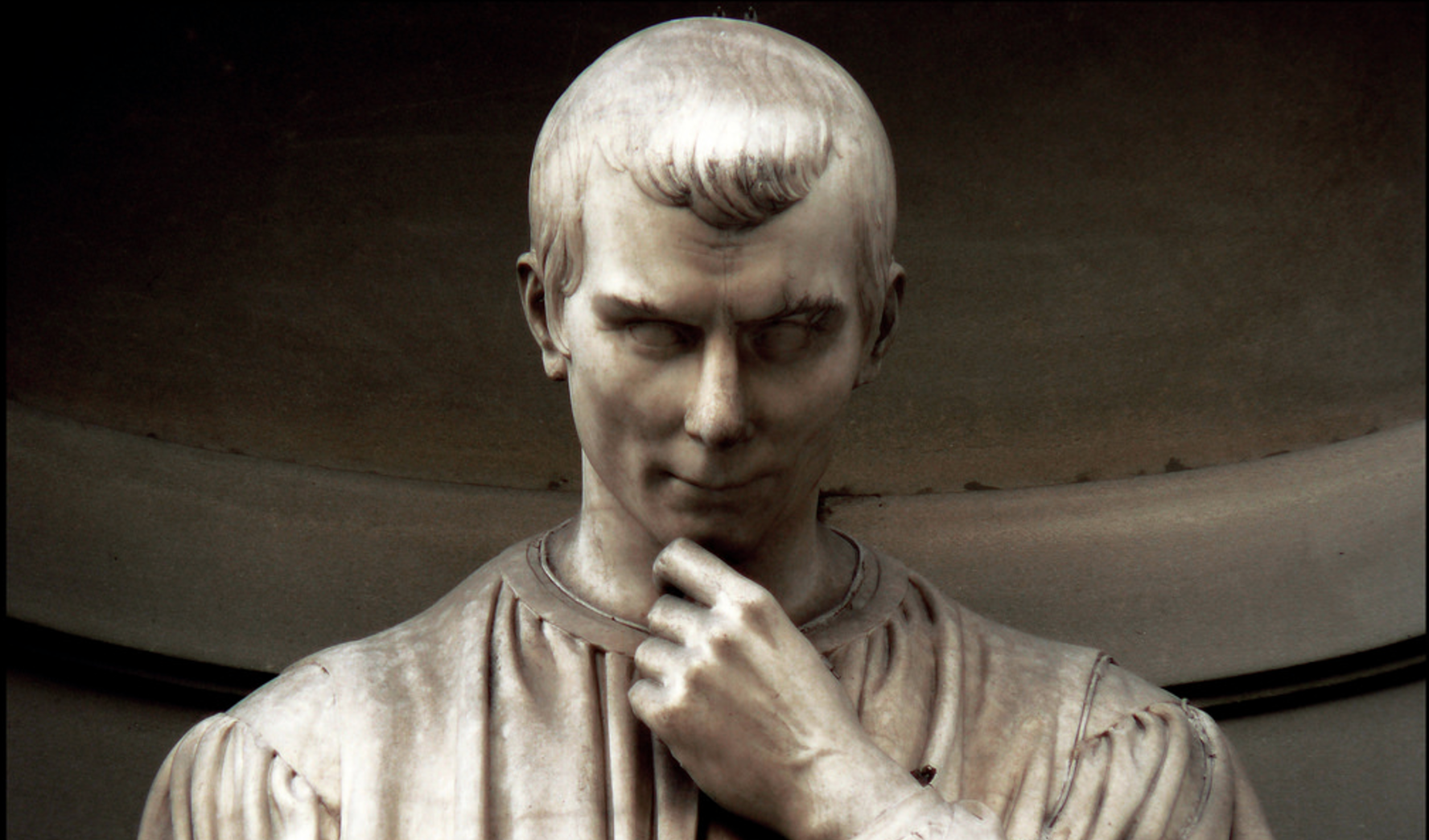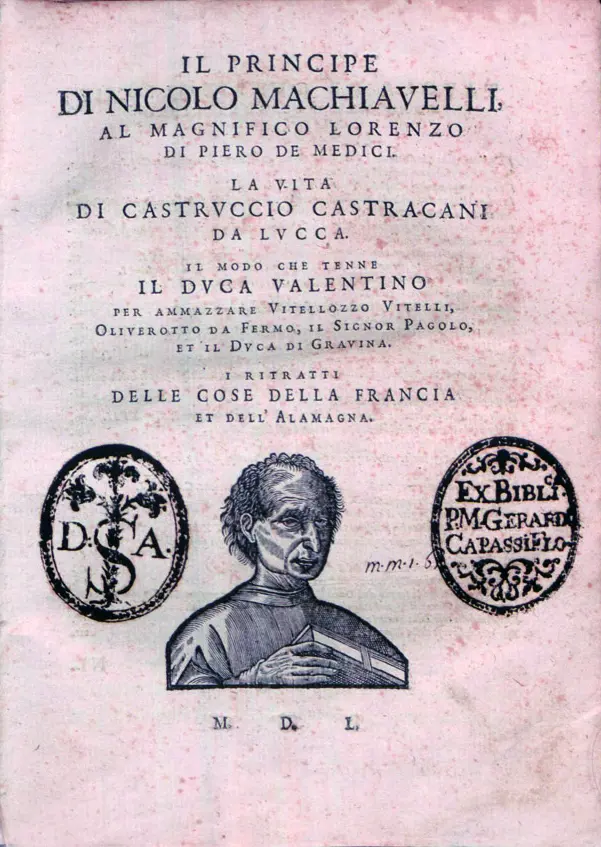Buongiorno, history lovers! Florence, the cradle of the Renaissance, is not just a treasure trove of art and architecture – it is also the birthplace of some of the most revolutionary ideas in politics and philosophy. One name that stands out in this realm is Niccolò Machiavelli, the father of modern political theory. Whether you’ve heard of him through The Prince or have pondered over the term “Machiavellian,” his legacy is one you simply cannot ignore when exploring Florence’s rich history.
A Life Lived in Florence
Born in 1469 in Florence, Niccolò Machiavelli grew up during the city’s golden age under the Medici family. However, his career truly blossomed during the Medici exile, when Florence became a republic. Machiavelli served as a diplomat, witnessing firsthand the political intrigue and strategies of Renaissance Italy, which would later shape his writings. Sadly, his fortunes turned when the Medici regained power. Machiavelli was accused of conspiracy, tortured, and exiled to his family estate in Sant’Andrea in Percussina, a village just outside Florence.
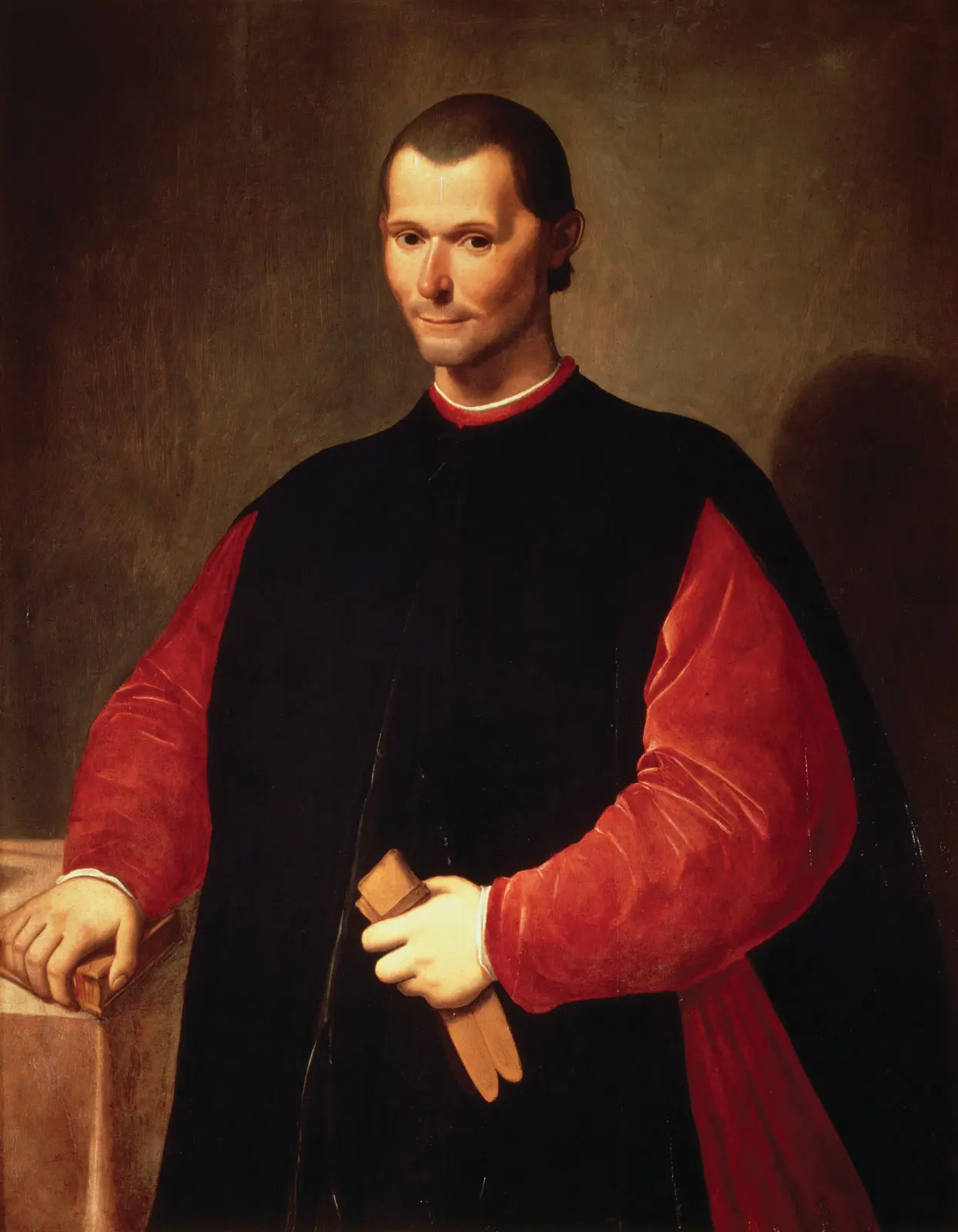
Writing The Prince
During his exile, Machiavelli penned his most famous work, The Prince. Written as a guide to effective leadership, it remains one of the most debated texts in political philosophy. It was at his villa in Sant’Andrea, surrounded by vineyards and olive groves, that Machiavelli reflected on his experiences and distilled them into the pragmatic – some say ruthless – advice found in The Prince.
Would you like to visit the very place where these ideas were born? The villa is now home to a museum and offers guided tours that dive into Machiavelli’s life and works.
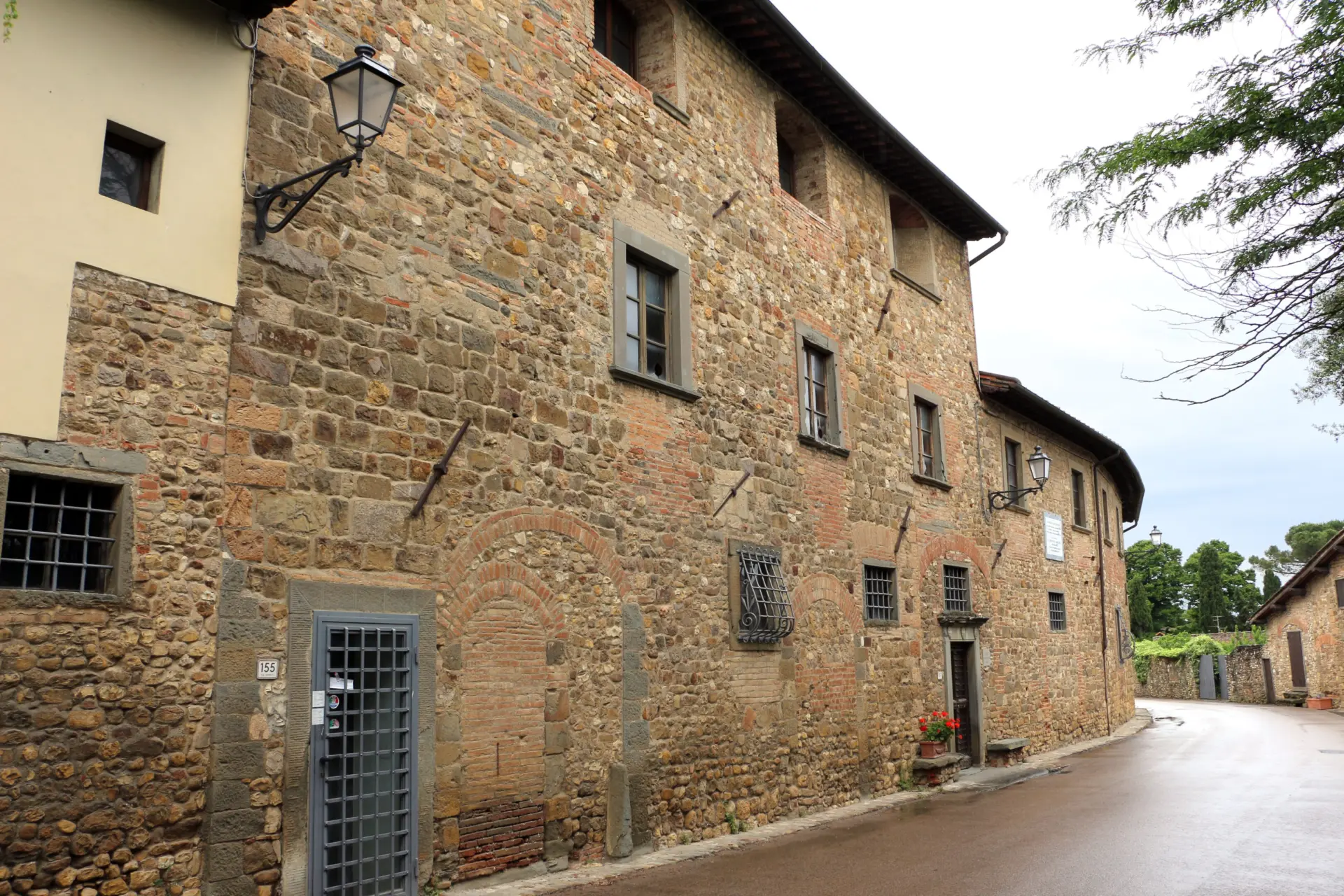
Machiavelli in Florence
Machiavelli’s connection to Florence is palpable. You can visit the Palazzo Vecchio, where he once worked as Secretary to the Second Chancery, navigating the complexities of Florentine politics. Stroll through the same piazzas and streets where Machiavelli would have walked, his mind teeming with ideas about power and governance.
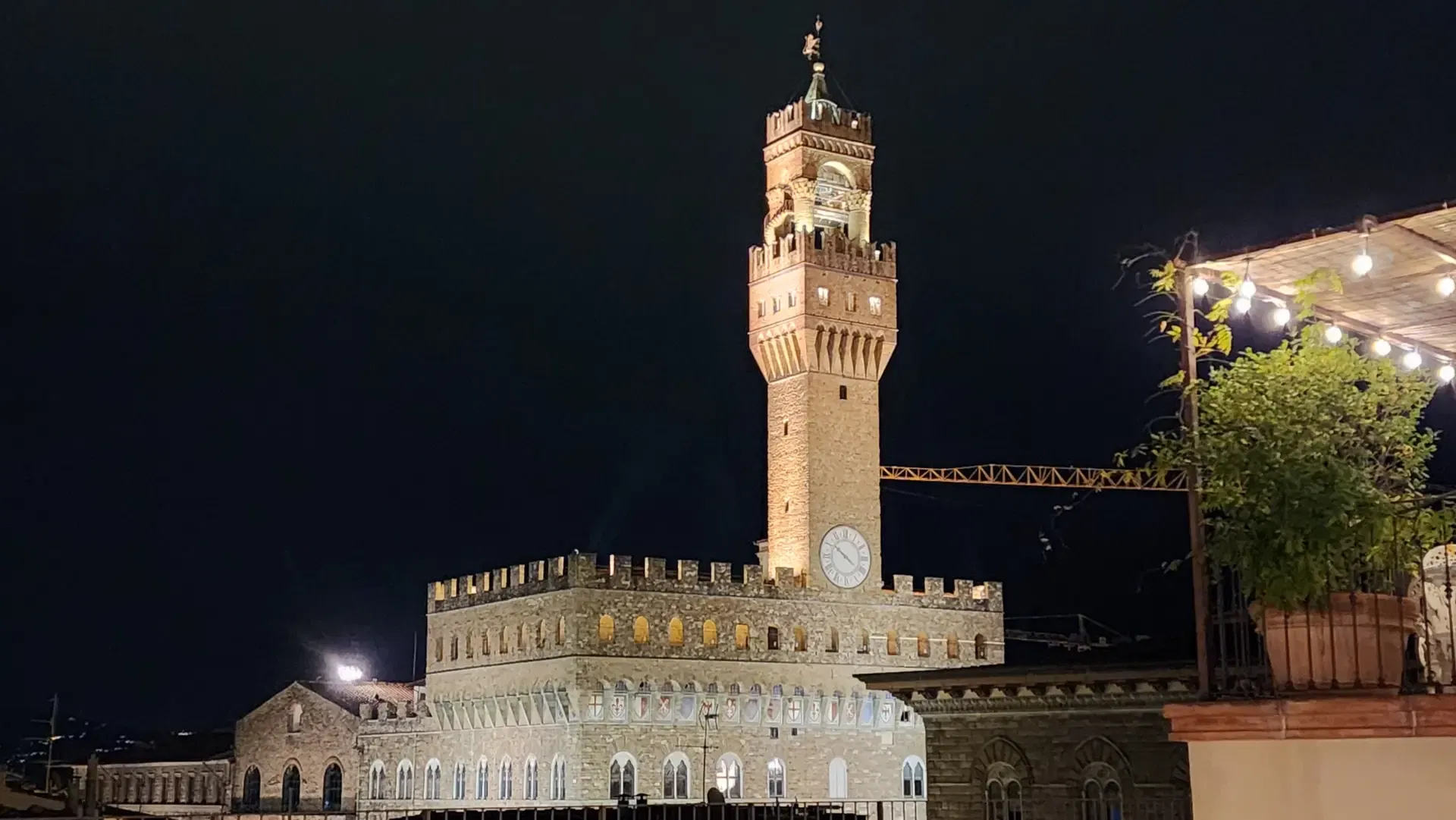
Personal Reflections
Machiavelli’s story is one of complexity and contradiction – a man who dared to distill the brutal realities of human nature and political power into words that still resonate today. His work is not just a product of its time but a mirror reflecting the timeless challenges of leadership and morality.
Reading The Prince and reflecting on Machiavelli’s legacy, I find it fascinating how his ideas transcend politics and delve into the human condition. The term “Machiavellian” has become synonymous with cunning and manipulation, yet there’s something profoundly honest in his acknowledgment of the darker sides of power. Rather than idealize leadership, he exposes it for what it often is – a calculated balance between ethics and pragmatism.
For me, the brilliance of Machiavelli lies not in his advocacy of ruthlessness but in his courage to articulate truths that others shy away from. His observations challenge us to think critically about governance, leadership, and even our own moral compass. Whether you see him as a cynic or a realist, Machiavelli’s work forces a deeper reflection on how we navigate power, ambition, and human imperfection.
Practical Information
- Villa Machiavelli: Located in Sant’Andrea in Percussina, about 20 minutes from Florence by car. Check opening hours and guided tour availability before visiting.
- Palazzo Vecchio: Central Florence, a must-see for its historical significance.
- Best Time to Visit: Spring and fall for the best weather and fewer crowds.
Arrivederci, until next time! Machiavelli’s life and work continue to inspire and provoke thought centuries after his time. If you’re planning a visit to Florence, add these historical gems to your itinerary – you won’t regret it!
Xoxo,
Bubbly 🎈
🌟 Everything You Need to Plan Your Dream Trip in 2026
- 🌟 Luxury Hotels - Find premium stays with Booking.com & Hotels.com
- 🏡 Vacation Rentals - Discover unique properties on VRBO
- 🏞️ Guided Tours - Explore with Viator or GetYourGuide
- 🎫 Attraction Tickets - Skip the lines with Tiqets
- 🚢 Ocean Cruises - Set sail with Cruise Direct
- 📱 International SIMs - Stay connected with Saily
- 🚗 Car Rentals - Budget-friendly options from Discover Cars
- 🌐 Secure VPNs - Browse safely with NordVPN
- 💶 Currency Exchange - Best rates with Wise
- 🗣️ Learn Languages - Master the local language with Babbel and Rosetta Stone

